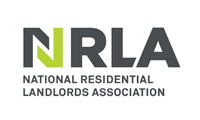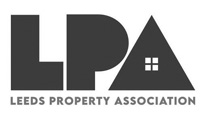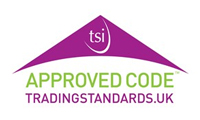Residential Property
28th June 2016
Changes to the section 21 procedure
On October 1st 2015, sections 33 to 41 of the deregulation act 2015 came into force. They contain new protocols which must be abided by regarding how and when landlords can serve a notice ending an assured shorthold tenancy, under section 21 of the Housing Act (1998).
Some of the changes, which apply only to properties in England, include:
- Restricting a landlord from taking retaliatory action; a landlord cannot serve a section 21 if a tenant has made a written complaint about the premises or common areas of the building and the landlord has not responded or given an unsatisfactory response.
- Preventing a landlord from serving a section 21 in the first four months of an assured shorthold tenancy.
Practical Points
At the start of an AST, landlords should provide energy performance certificates and gas certificates to meet requirements. It should also be noted that landlords will not be able to serve a section 21 within the first four months of a tenancy; therefore it would be best practice to recognize the earliest date in which a section 21 can be served.
If the tenant does not leave the premises by the date arranged through the section 21 then the landlord should issue possession proceedings. Failure to do so within six months of the notice being served will mean the process must start again and a fresh notice will be served.
Smoke and Carbon Monoxide alarm (England) regulations 2015
The new smoke and carbon monoxide regulations came into action as of the 1st October 2015; requiring landlords in the private rented sector to provide carbon monoxide detectors. Concerns have been raised by the House of Lords that the regulations have not been properly drafted, on top of this it is felt landlords have not been given enough information. Despite these concerns the regulations have been passed in an attempt to prevent illness and death by carbon monoxide poisoning.
Conditions imposed by a local housing authority have been reinstated by the upper tribunal. These conditions effect HMO properties in selective licensing areas and refer to what a landlord should do as part of its management of the property.
Certification
It is important for a landlord to distinguish whether certification is to be a pre-condition and to draft appropriately. This allows for more efficient proceedings in relation to payment liabilities, as any pre conditions must be strictly adhered too.
< back to news









